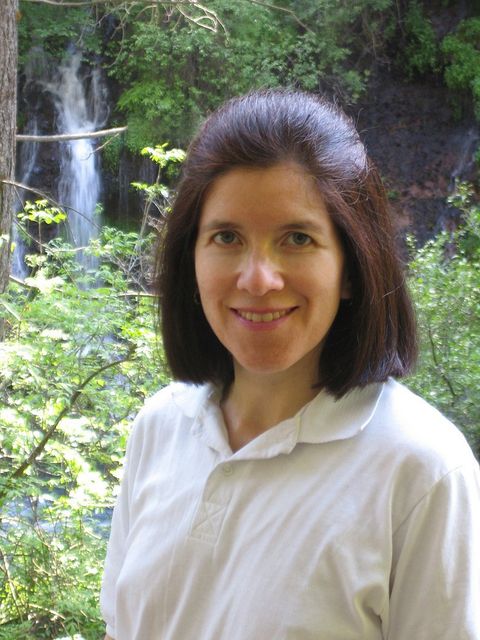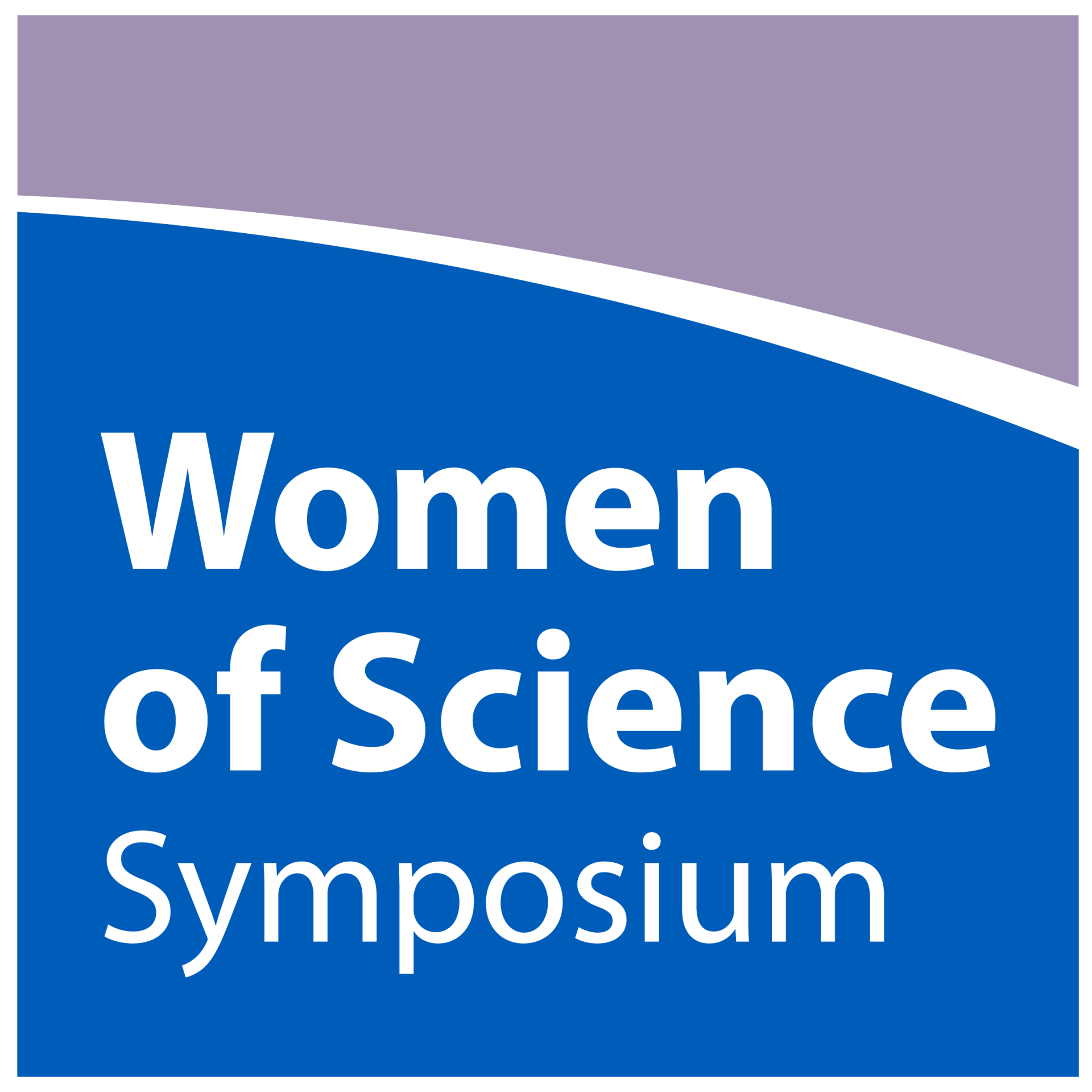PAST Speakers & panelists

Cecilia Aragon
Cecilia Aragon is the professor and director of the Human-Centered Data Science Lab at the University of Washington. Her research focuses on enabling humans to explore and gain insight from vast data sets. This emerging field, known as human-centered data science, is situated at the intersection of human-computer interaction and data science. Aragon's work includes: visual analytics (visualization and machine learning), data science and big data, emotion in informal text communication, games for good (collaborative educational games), data-intensive scientific collaborations. Her team builds visualizations, games, and other software to enable these interactions. In 2008, Aragon won the Presidential Early Career Award for Scientists and Engineers (PECASE) for her work. Aragon was the architect for Sunfall, a collaborative visual analytics system for supernova astrophysics. She developed an augmented-reality visualization system for helicopter pilots that increased their ability to land safely during simulated hazardous conditions. Her early work was in theoretical computer science. She was the co-inventor of the treap, a binary search tree in which each node has both a key and a priority, and the randomized search tree, which uses random priorities in treaps to achieve good average-case performance. With Johnson, McGeoch, and Schevon, she conducted the first extensive evaluation of the simulated annealing algorithm in combinatorial optimization problems. Aragon was awarded a 2017-18 Fulbright Fellowship to conduct research in human-centered data science and teach visual analytics in Chile. Her research has been recognized with six Best Paper awards since 2004. In 2015, she received the HCDE Faculty Innovator in Research Award from the University of Washington. She won the Distinguished Alumni Award in Computer Science from UC Berkeley in 2013, the student-nominated Faculty Innovator in Teaching Award from her department at UW that same year, and was named one of the Top 25 Women of 2009 by Hispanic Business Magazine.



